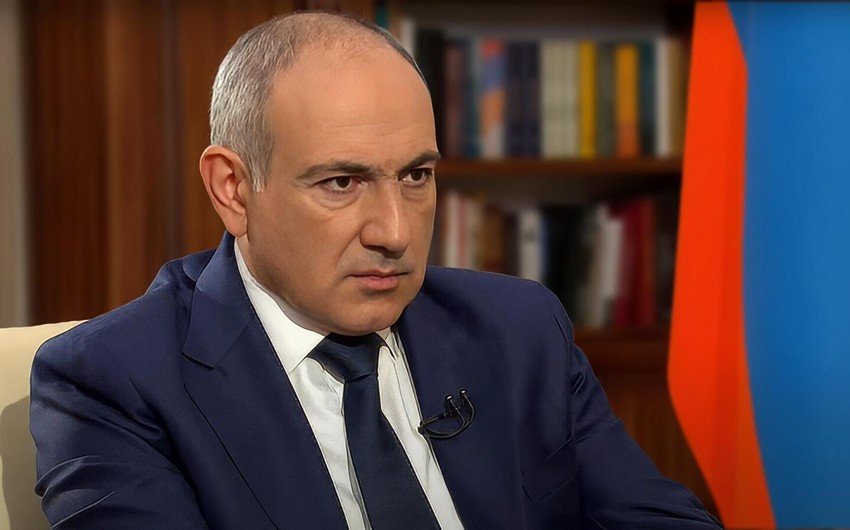Yerevan, September 1, 2025 – Armenia’s leadership entered the week on the defensive yet unapologetic, clashing with U.S. criticism while facing renewed controversy over the politics of genocide recognition.
Pashinyan vs. Washington
Prime Minister Nikol Pashinyan reacted sharply to an article by former U.S. Assistant Secretary of State James O’Brien, who argued that Azerbaijan had secured “a major victory” in Washington while Armenia was left exposed.
Pashinyan rejected the assessment, accusing the Biden administration of abandoning mechanisms that once helped restrain Baku. Analysts noted that Yerevan’s rhetoric, once closely aligned with Democrats, now increasingly echoes themes more associated with Donald Trump’s camp. The shift, they argue, is less ideological than tactical, reflecting Armenia’s effort to stay relevant in a rapidly changing Washington political landscape.
Netanyahu vs. Ankara
The week also saw fallout from a podcast remark by Israeli Prime Minister Benjamin Netanyahu, who, when asked, answered “Yes, I do” to recognizing the Armenian Genocide. Though offhand, the comment reverberated across Armenia and immediately drew a sharp response from Turkey.
Pashinyan downplayed the significance, stressing the remark “does not serve the interests of Armenia or the Armenian people.” Since the 2020 Karabakh war, Armenian authorities have deprioritized genocide recognition campaigns, viewing them as potential obstacles to a fragile dialogue with Ankara. Analysts caution that international references to 1915 often serve external agendas against Turkey rather than Armenia’s long-term security interests.
A Sharper Foreign Policy Edge
The dual controversies highlight a tougher edge in Yerevan’s foreign policy discourse. By rebuffing U.S. criticism and sidestepping symbolic wins on genocide recognition, Armenia signals that its diplomacy is now guided less by sentiment and more by survival in an unsettled regional order.
These issues were also debated on the CivilNet YouTube channel, where analysts stressed the risks and motives behind Pashinyan’s rhetoric.


